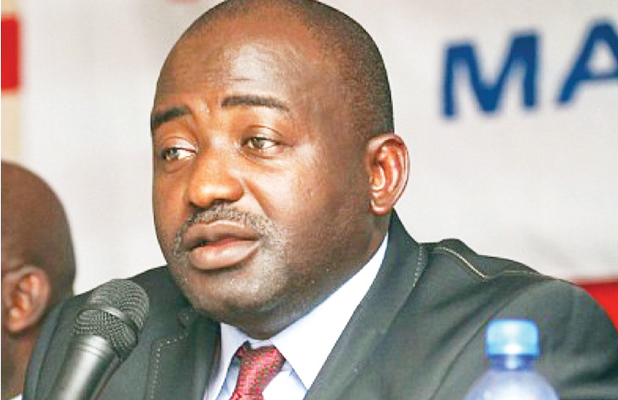The release of Peach Bility, son of Nimba County Representative Musa Bility, from detention has ignited a firestorm of controversy in Liberia, raising serious questions about the integrity and impartiality of the nation’s justice system. Peach Bility was arrested in March 2024 on multiple charges, including possession of unlicensed firearms and the sale and distribution of illegal narcotics, offenses deemed non-bailable under Liberian law. The arrest followed the discovery of a substantial quantity of drugs, including kush and marijuana, along with an assortment of firearms and ammunition, at Miami Beach. Despite the severity of the charges and the non-bailable nature of the offenses, Peach Bility was released from prison in November 2024 under circumstances shrouded in mystery. This unexpected release has fueled public outcry and sparked accusations of preferential treatment due to his father’s influential position.
The Ministry of Justice, in an attempt to deflect blame, issued a press release attributing the release to an order from Judge A. Blamo Dixon of Criminal Court “C.” The Ministry included a copy of the release order signed by the court’s Director of Press and Public Affairs, Jutonu Y. Kollie, urging the public to direct their inquiries to the court for further clarification. This attempt to shift responsibility has done little to quell the rising tide of public discontent and suspicion surrounding the case. The timing of the release, shortly after a reported visit by Representative Bility to his son in prison, has further fueled speculation about potential undue influence and interference in the judicial process.
Representative Bility’s initial public statements following his son’s arrest seemed to indicate a commitment to upholding the law, even if it meant his son facing imprisonment. However, the subsequent visit to his son in prison and the ensuing release have cast a long shadow over these pronouncements. The stark contrast between the lawmaker’s initial stance and the eventual outcome has raised concerns about the sincerity of his commitment to due process and the rule of law. The fact that Peach Bility is now reportedly seen freely moving around Kakata City and en route to Nimba County, driving a vehicle belonging to his father’s foundation, further underscores the perceived disparity in the application of justice.
This incident has brought into sharp focus the pervasive issue of privilege and its potential to undermine the pursuit of justice in Liberia. While countless individuals accused of lesser offenses languish in overcrowded prisons, often without access to proper legal representation or a fair trial, Peach Bility’s swift and unexplained release highlights the apparent two-tiered system of justice. This perceived inequity erodes public trust in the judicial system and reinforces the perception that those with influence can circumvent the law. The case has become a symbolic representation of the challenges Liberia faces in its efforts to establish a truly just and equitable society.
The backdrop of Liberia’s ongoing struggles with drug addiction and trafficking further amplifies the public outrage surrounding this case. The devastating impact of these issues on communities across the country makes the seemingly lenient treatment of an individual accused of serious drug-related offenses all the more troubling. This incident has reignited the debate about the government’s commitment to combating the drug trade and whether its efforts are truly focused on addressing the root causes of the problem or are susceptible to political influence. The case of Peach Bility has become a litmus test for the government’s credibility in its declared war on drugs.
The controversy surrounding Peach Bility’s release underscores the urgent need for greater transparency and accountability within Liberia’s justice system. Restoring public trust requires a thorough and impartial investigation into the circumstances of his release, including the role played by Judge Dixon and any potential influence exerted by Representative Bility. Furthermore, addressing the broader issues of overcrowding, prolonged pre-trial detention, and unequal access to justice are crucial steps towards building a more equitable and effective legal system. The case of Peach Bility serves as a stark reminder of the importance of upholding the principles of justice and equality for all, regardless of their background or connections.














